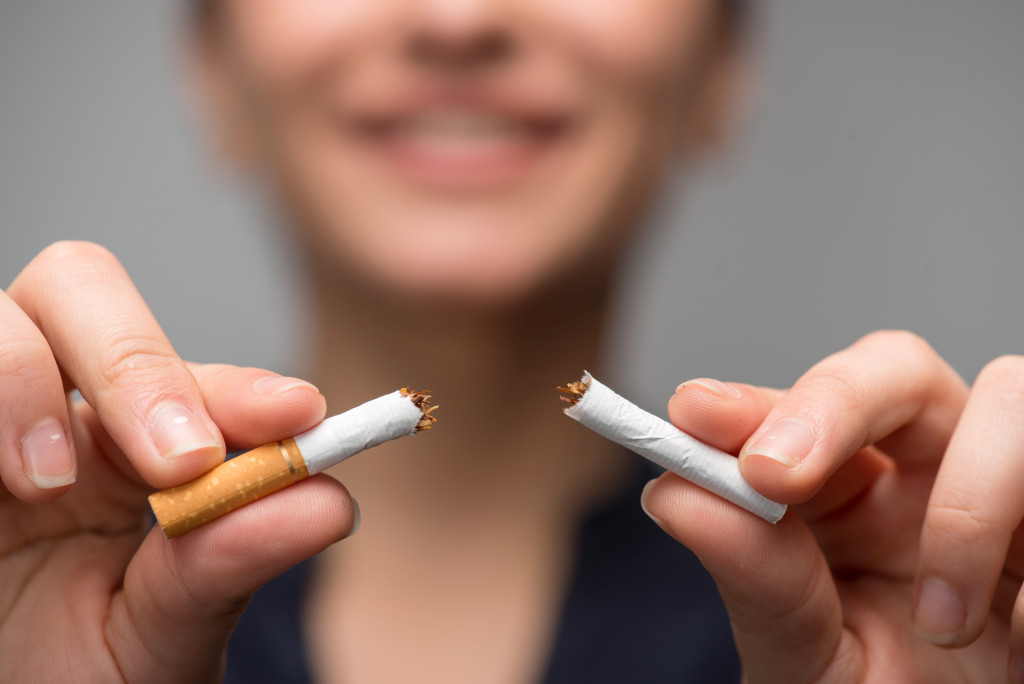Dealing with addiction during COVID-19 is a complicated process. On one hand, someone battling with addiction has limited access to coping mechanisms such as support groups or regular visits to the doctor. On the other hand, a person with active addiction also doesn’t have access to the thing they are addicted to. As a result, they experience withdrawal symptoms without proper care.
A study found that the respondents’ average alcohol intake, excessive drinking, and binge drinking increased at the height of lockdowns in 2020. In Britain, alcohol sales rose by 30% in March of the same year. Moreover, the fatalities for opioid overdose surged in 40 states during the pandemic.
The other side of the coin is equally problematic. During lockdowns, people have greater chances of developing substance addiction. Among the many causes of increasing rates of drug use and alcohol intake are stress, anxiety, and self-isolation. These factors could also drive people to relapse, especially with a lack of support and access to medical services during the pandemic.
Fortunately, more than a year later, establishments are beginning to open and health restrictions have become more flexible. With the rollout of COVID-19 vaccines, people who need help with addiction have more options for seeking help. While it may be a challenge to recover during a global crisis, there are several ways that people with addictions can move forward.
Keep an Eye on Your Goals
Staying focused on achieving your goals may be difficult during these times. There could be a lot of triggers on social media in the form of funny tweets, memes, or regular updates on your feed. A lot of people feel like they’re lagging with work, relationships, school, and other aspects of their lives. Know that these feelings are valid, and people all over the world are feeling the same thing.
It also helps to visualize these goals. Consider creating a vision board. Place this board at a spot where you can frequently see it. Not only will this serve as a reminder, but it also makes your goals a little more tangible.
Develop New Hobbies
During lockdowns or just staying at home for social distancing purposes, people found new interests. From baking, making coffee, starting YouTube channels, etc., these hobbies have helped them get through negative feelings during isolation. Hobbies also serve as outlets of extra energy or self-expression.
In a way, these have become new coping mechanisms. So, explore a bunch of healthy interests that are available at home. Spend more time in the kitchen. Watch YouTube tutorials. Grab a book that’s been lying around at home.

Embrace Technology
So many aspects of people’s lives have been moved virtually: work from home, online classes, and even support groups. Even though these alternatives are not on par with their face-to-face counterparts, they could still do their magic. The secret to this is to allow them to. After all, humans have grown to become adaptive.
Those who are in recovery can alternate face-to-face and physical consultations or support groups. This way, they can minimize potential exposure to the coronavirus while maximizing their chances of recovery.
Maintain Relationships
Talking to other people is crucial in beating feelings of loneliness, stress, and anxiety. Part of the role of technology during the pandemic is to keep everyone connected. Through social media and video conferencing apps, people can talk to each other despite the distance. Because of this, people can maintain relationships and work on emotional connections while in isolation.
There are a lot of ways to make these interactions fun and engaging. Other than simply talking on a video call, groups can organize online game nights. They can use apps or websites that allow synchronized multiplayer games. Those who are a little more familiar with technology can set up a Discord server. They can turn this server into a virtual coffee shop where everyone meets up.
Be Nice to Yourself
So much of self-care involves being nice to oneself. It’s all about recognizing one’s achievements and milestones in the process of recovery. At a time when you don’t feel good about yourself, it’s important not to beat yourself up. To a certain extent, these feelings are not only valid but are also realistic.
Recovery Doesn’t Have to be Linear
Of course, it’s not a one-size-fits-all process. Quitting alcoholism is a process, and there may be some hurdles. Recovering from substance abuse may need more willpower than one would expect. At the end of the day, it’s necessary to consult an expert to help with the process. They’re trained to guide you through a healthy process of recovery.
